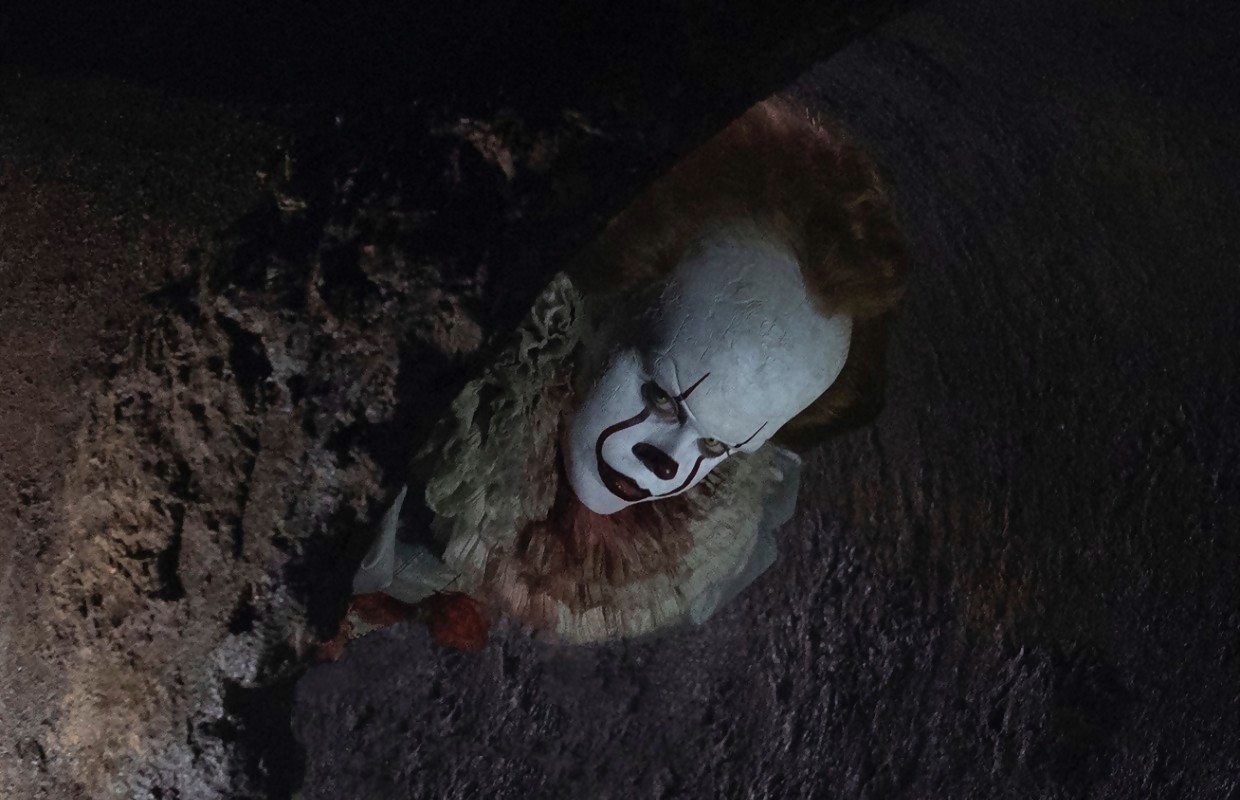Film directed by Emmanuel Carrère, "Ouistreham" is an adaptation of the autobiographical book "Le quai de Ouistreham" by Florence Aubenas published in 2010. To write this autobiographical book, the journalist had decided to become a cleaning lady on a ferry without revealing her identity in order to highlight the precariousness and dehumanization of this profession. In the film, Florence Aubenas becomes Marianne Winckler (played by Juliette Binoche) who is a novelist wishing to highlight the daily life of cleaners. Her cover name is Hélène Lambert.Coming to settle in the Caen region, she presents herself as newly divorced and unemployed for 20 years. She began looking for a job as a cleaning lady and ended up getting a fixed-term contract aboard a ferry from Ouistreham to Portsmouth. This is where his investigation begins, as close as possible to reality. 
An unsustainable pace
The rule is to immerse yourself completely for 6 months, no contact with your real life is allowed. This new life where you have to get up very early and where the days are similar becomes his. An hour and a half to make sixty beds and not a minute more. The "SBAM" technique (Smile Hello Goodbye Thank You) must be applied in all circumstances. The pace is hellish, but the work must always be irreproachable. The level of cleanliness of the rooms is an essential criterion for ferry guests. This is what is always expected on any trip. So it is not possible to complain or to go slower. Time is money. Marianne's new life will however be sweeter to live following the various encounters she will make. Some of her colleagues become friends, although they do not know her true identity. The social class gap must not be felt for his story to remain credible. She discovers their standard of living, very different from the one she usually knows. A voice-over brings her point of view as an investigator who writes her novel in parallel. Certainly, what she experiences is real, but not permanent. 
A watered-down film?
Although Juliette Binoche (who was recently seen in Dix pour cent) is majestic in her role, the screenplay embellishes reality somewhat. The housekeepers are at the heart of the film, but the emphasis is more on the bonds forged between Marianne and her colleagues, more than on the hardness of the job itself. Somewhere that's the beauty of the film: humanity remains, no matter where you are. But the question that we may have persists: does the novel written by the heroine about these housekeepers in the ferry of Ouistreham succeed in awakening consciences? Will these essential shadow jobs be given more consideration? Will this film have an impact on today's society? The challenge is not small. The answer remains uncertain. Anyway, this fiction highlights these trades that we see without really seeing them. And that's already a great feat. Highlighted during the directors' fortnight at the Cannes Film Festival in 2020, "Ouistreham" gives a touching glimpse into the difficult living conditions for housekeepers. The main protagonist Marianne Winckler becomes the spokesperson for these women who cannot always give their opinion. The crisis and precariousness are still present, even if they sometimes seem invisible. "Ouistreham", in cinemas on January 12, https://www.youtube.com/watch?v=l3AAU9nj3BE




































